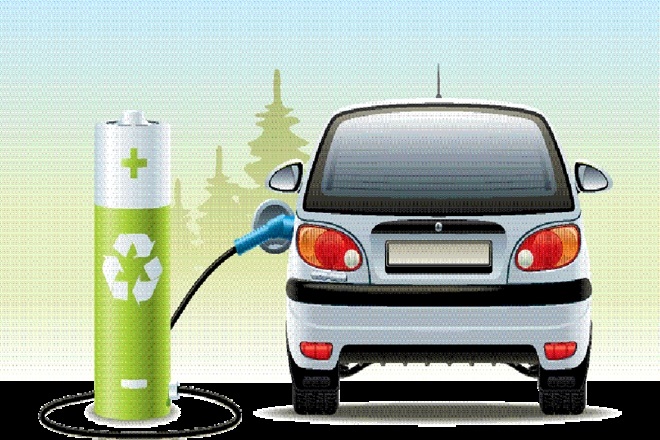
Supply-side constraints may prove to be an obstacle in battery-driven electric vehicles becoming the only technology for future mobility in India and hydrogen-powered fuel cell EVs could become a complementing technology in future, according to a study by KPMG.In a report titled ‘Automotive fuel: Racing towards a multipolar world’, KPMG said battery electric vehicles (BEV) technology is currently far ahead in market maturity and is expected to be the obvious choice in a value-conscious market like India to kick-start the shift towards cleaner fuel.
“However, supply-side constraints might prove an obstacle in BEV becoming the only technology to have pervaded all forms of mobility as India produces close to four million passenger cars and roughly about 30 million mobility products (as on 2018),” it said.
Elaborating on the challenges ahead of BEVs, the report said India does not have reserves of some of the most important raw materials such as lithium, cobalt and nickel which are required for battery manufacturing.




“Cell manufacturing itself is concentrated outside India. Hence, we will continue to be dependent on imports which could compromise economic mandates and constrain the adoption of BEVs,” it said.Moreover, if charging duration and payload issues are not addressed, then commercial and long-distance transport would be difficult, the report added.
“This is where fuel cell electric vehicle (FCEV) can come in as a complementing technology in the second phase of electrification in India,” it said.While a BEV is propelled by an electric motor powered by battery, FCEV uses hydrogen gas to power an electric motor.
According to the report, around the time the second phase of electrification kicks in, “it is likely that some of the teething concerns in FCEVs such as costs would have been addressed, the technology would have reached a certain level of maturity and would have been market-tested in other parts of the globe”.
For larger vehicles, India might swerve towards FCEVs, partly perforce due to supply constraints of lithium-ion and partly driven by economic and market forces.Citing the example of China, which is the market leader in BEVs, the report said the country is now focusing on development of FCEV technology and has set a target for over one million FCEVs and 1,000 hydrogen refuelling stations in service by 2030 without mitigating its drive to establish BEVs.The result, the report said, “India’s EV portfolio, as it matures, is likely to reflect that of the global automotive industry”.
Citing its global automotive executive survey, KPMG said different powertrain technologies are expected to converge, leading to an almost equal distribution of internal combustion engines (ICEs), PHEVs (plug-in hybrid vehicles), BEVs and FCEVs by 2040.




















